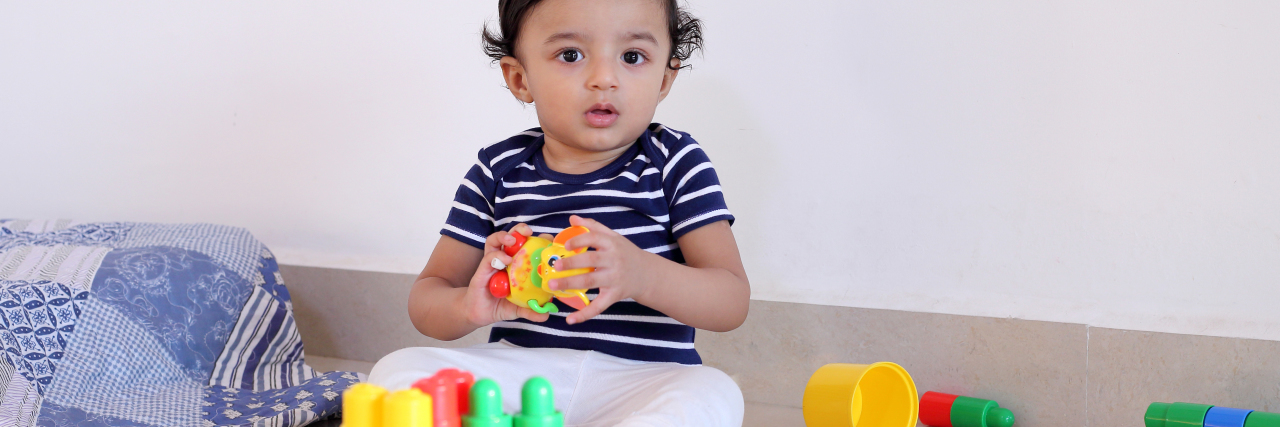I was recently interacting online with the mom of a little boy who is on the autism spectrum. She said that although her boy was bright and could spell words and add numbers as per his grade level, his teacher was not ready to give him the scores he deserved. The teacher’s rationale? Well, although it seems like he knows the answers, it’s all visual learning and he actually does not get the concepts because… wait for it… he is autistic. This blew my mind!
Apparently, as an autistic individual, you don’t just have to work several times harder to “fit in.” Even when you are able to fit in, you won’t really, because no matter what you do, you’re still autistic so nothing else matters — not your brilliance, not your talent, not your hard work, not your sincerity. The moment you seek sensory input or have a meltdown, there is everyone standing around you saying “that’s how they typically are” and brushing away every other aspect of your personality.
Unfortunately, this is not a one-off incident. Even those who have been around kids with disabilities often seem to have a hard time believing in them. For quite some time I had been looking for a tutor for my son and had been interviewing a few candidates. I was particularly interested in one who had a lot of experience working with kids on the spectrum. As we were chatting, she mentioned that she is currently working with a kindergartner who is “autistic but smart.”
To an onlooker, this might seem like a harmless statement, but as the mom of an autistic child, it completely broke the deal. The “but” between autistic and smart is a hump that has been making things very difficult for all those kids who work so hard but are still left unappreciated because of the misconceptions that come with their diagnosis.
For some reason, autistic does not equate to smart for many people. Yes, autism is a spectrum and some autistic people also have an intellectual disability, but some are exceptionally gifted. There is no one kind of autism and even those who appear to be struggling with cognition have their own spark and intelligence. If we fail to see someone’s brilliance, it’s our failure, not theirs.
I have seen my son struggle with things that look fairly simple, but I have also seen him surprise me with what he can do or knows when I least expect him to. His eyes twinkle with naughtiness, but they sparkle with intelligence as well. We just need to find a channel to tap that talent. The “but” between autism and intelligence is a sign that we as a society have failed to understand this vast section of our population that thinks and behaves in their own unique way. We cannot put the burden of our inadequacy on them and leave them behind because they don’t fit our definition of what we call “bright” and “intelligent.”
We are not making it easy for kids with autism and other disabilities by not believing in them or their potential. It’s hard enough as it is for them to constantly having to prove themselves while trying to overcome the barrage of challenges autism often brings with it. The least we can do is support them and give them the credit they deserve. While autism can affect a person in many ways, it cannot touch the human spirit. The “but” needs to go, and the narrative must shift to providing opportunities that level the playing field and creating a mindset focused on abilities.
Getty photo by Matrix Images.

